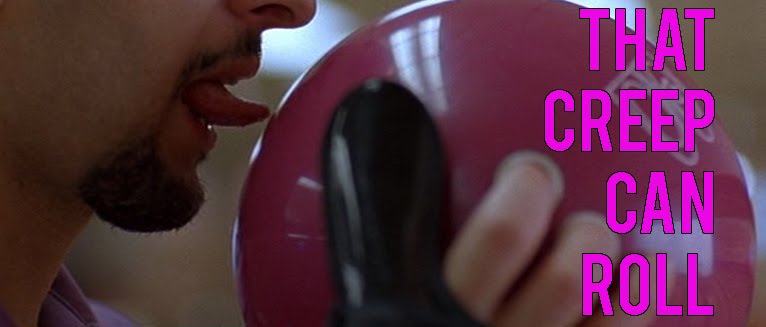Unlike many action film sequels, Taken 2’s strongest card is that it isn’t a case of, “How can the same shit happen to the same guy twice?” Bryan Mills’ (Liam Neeson) role in this is comes as a direct result of his jaunt to Paris in 2008 and more specifically as a result of the disposable goons he mercilessly killed in order to save his daughter. Turns out said goons had powerful families who now seek to avenge their deaths.
That’s not to say there isn’t a degree of contrivance involved in bringing all parties together in another foreign city. Moving from Paris to Istanbul this time, it mildly subverts expectations by making Mills’ daughter Kim (Maggie Grace) less of a victim and more instrumental this time around, all the while managing to crowbar in scenes reminiscent of the most popular from the original.
So we get the phonecall as he calmly talks his daughter through the situation. We get the threats to his assailants as he delivers his intention to kill them. We get the storming of dilapidated residences filled with leather jacketed heavies. It does seem forced but it makes sense he’d employ similar tactics. These are aspects of his character and his methods in the same way that John McClane might crack wise after a fumbled dispatch or John Rambo might grunt while stealthily slitting someone’s throat.
It’s easy to forget that his role in Taken was the one that reinvented Liam Neeson to an extent. For an audience used to seeing him in dramas or as noble mentors, it was a genuine shock to see him coldly rampaging across Paris. By nature of its sequel status we don’t have that same luxury here. We know exactly what Mills can do and so all the film can do is try to top what we’ve already seen by raising the stakes.
By bringing along his estranged wife Lenore (Famke Janssen) and having her in peril, it adds another layer. Her character doesn’t add much but the effect her inclusion has is efficient. Rather than wading into the situation with literal guns blazing as he did last time, the impetus here is getting out of it and rueing his involvement in the first place.
The film’s biggest problem lies in the handling of the action scenes. In chasing a younger demographic the fight scenes have lost any sense of weight. The brutality is replaced by a series of incomprehensible fight scenes and logical leaps that render them near-worthless. The sound mix is so softened and the edits are so rapid that all you see are flailing limbs and aftermath with bone-snapping cracks replaced by light whumps that sound like pillows landing.
All of the visceral no-nonsense joy is sapped. The car chases across crowded Istanbul bazaars and narrow streets fare better but even those feel dampened by the fact that they’re a staple of the genre. Rade Sherbedgia’s chief villain is deftly handled in spite of awkwardly literal dialogue but for a film which focuses on the personalisation of the villains as a key plot point, each of the rest of them are nonentities only there to wave guns and serve as convenient action beats.
Like the first, the scenes of Mills in normality are faintly laughable with echoes of his daughter’s embarrassingly false teeny pop idol obsession and U2-following Euro tour of yore. An ill advised subplot about Kim’s first boyfriend is played strictly for laughs and veers into parody as Neeson plays protective father for comic effect. Kim’s convenient ambition is now passing a driving test which unsurprisingly comes into play as she uses it as a means to bond with her father in both LA and when at risk.
At more than one point in the film it borrows tracks from the soundtrack to Drive. An odd choice with such a lauded film so fresh in the memory but it has to be assumed that using Chromatics’ Tick Of The Clock in exactly the same context as Nicolas Winding Refn’s film has to be an obvious homage rather than rip off. However it does raise the question of exactly what tone the filmmakers are aiming for.
Softer than the first instalment in themes and action and with unexpected comedic elements weaved throughout, it never quite hits the same highs as the singular Taken. While the plot must be applauded on some level for providing a logical response to previous incidents, it’s a generally satisfying sequel rather than equal.
★★★★★
★★★★★



